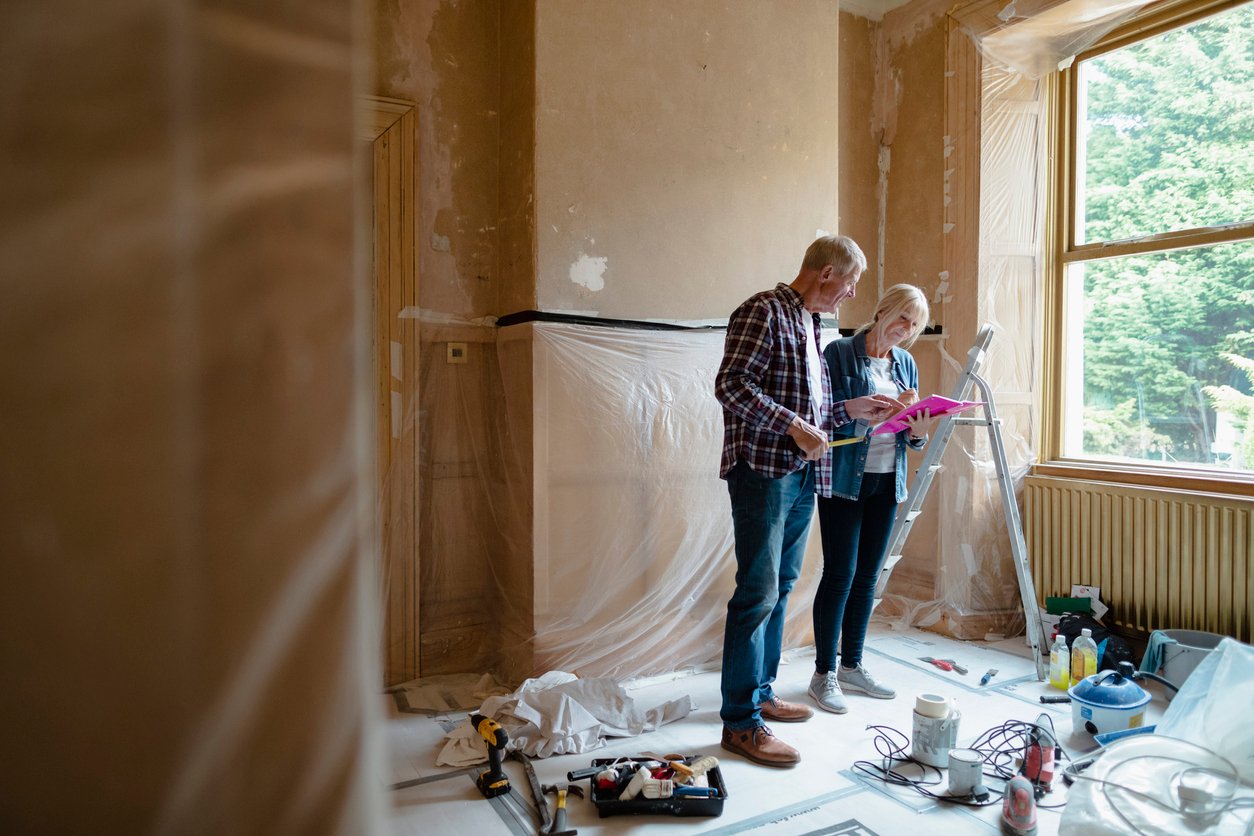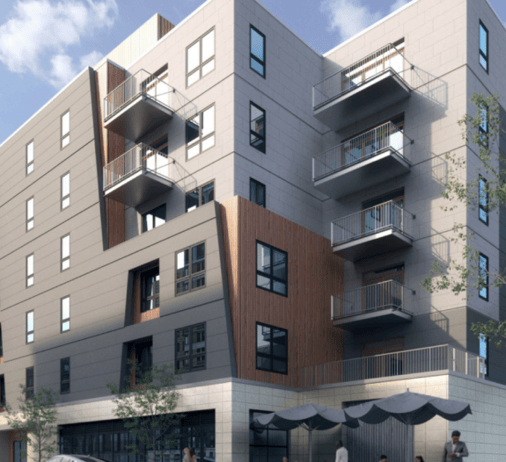Preventive Maintenance: A Priority for All Condominium Associations
Condominium associations should insist that property managers and residents alike take proactive rather than reactive roles in maintenance. Preventive maintenance plays a crucial role in prolonging the condominiums' lifespan. Moreover, the older Boston buildings need undivided attention and conduct a thorough audit and due diligence on all critical systems. Whether it's a simple leaky faucet or weird noises from the HVAC, no property manager or resident should overlook the importance of preventive maintenance.
Sadly, as witnessed in the tragic collapse of the Chaplain Tower condominium complex in Surfside, Florida, monetary losses aren't the only loss to worry about. The harsh and painful lessons learned from this as well as other similar accidents exponentially raise the need and the bar for preventive maintenance. Let's take a deep dive into preventive maintenance of condominiums and older Boston buildings and why condominium associations should root for it.
What is Preventive Maintenance?
Preventive or Preventative Maintenance (PM) is a take-charge master plan for condominiums and old buildings to ensure all components are in tiptoe and working condition. PM shouldn't be carried out because a component is broken. Instead, a property manager or resident should schedule a regular, thorough inspection and carry out any repairs.
PM for condominiums and old buildings can focus on:
- HVAC systems
- Plumbing, irrigation, as well as gas systems
- Power, electrical and lighting systems, and appliances
- Fire detection systems
- Other interior and exterior condominium components including walls, paint job, doors and windows, gutters and the roof (if any), parking lots, yards, lawns and hedges, stairs, as well as elevators.
What's the Importance of Preventive Maintenance
The reasons why a condominium association should insist on preventive maintenance include:
Avert Possible Loss of Life and Damage to Property
Early detection of potential hazards and faults can prevent catastrophic loss of life and damage to property. Some minor faults and inconsistencies can deteriorate over time. If you or your property manager defer preventive maintenance, they increase the chance of an accident with epic consequences. When a fault is detected early, no matter how minor, you or the property manager can take the necessary steps to avert any loss of life or property damage.
Maintain a Resale Value and Attract Prospects
In most cases, condominiums have a higher resale value. However, for that value to stick, your condominium or any building in Boston has to be in excellent condition. You don't expect a client will purchase a poorly maintained building at the market resale value. Also, a well-maintained building will attract more prospects and maintain your existing residents. You can comfortably post a well-maintained and clean condominium in the various real estate sites and get numerous leads after a short period.
Save Time and Money
Regular maintenance can be costly. It might feel like you are paying a service only to get a report that your building is okay. A qualified inspector can detect various faults that you might miss. You may think a crack on the way isn't alarming, but to an inspector, the crack is a fault that can jeopardize the whole building's structural integrity if not corrected. Identifying such faults early enough can save tons of money and time that you'd otherwise spend cleaning up after the damage has occurred.

Promote Efficiency
Conducting preventive maintenance on a condominium's or an old building's systems can promote efficiency. For instance, your condominium has low water pressure or you can't get enough water to take your soothing baths. A regular inspection of the plumbing system can detect and eliminate clogs and blocks resulting from hard water or reduce sedimentation that collects in a water heater's tank. Preventive maintenance will detect and fix such issues to increase efficiency.
Maintain a Beautiful Appeal
Natural wear and tear can result in your condominium losing its appeal, especially the older buildings. The once fantastic paint job is fading, the carpeting has become sunburnt, or the plumbing system has eroded, losing its former fancy look. Regular inspection will identify all components that have lost appeal. With this report, you or your property manager can take the necessary steps to bring back the lost appeal. Also, you can maintain the building's appeal by maintaining cleanliness at all times.
Maintain Records for Accreditation and Insurance
Some city codes require regular maintenance for accreditation purposes. Furthermore, they require documentation as proof of inspection and maintenance. Ensure your condominium or building's accreditations are up-to-date by insisting on preventive maintenance. In addition, most insurance companies require inspection and maintenance documentation to process insurance covers and payouts. So, ensure your preventive maintenance remains up-to-date.
Helps Answer the Question: Retain or Replace?
To the inexperienced eye, a component inside a condominium might be working within the acceptable parameters. According to a qualified inspector, that component needs replacing if you wish your condominium or old building to maintain an optimal state. For instance, you are content with the low water pressure, but an inspector will tell you that you need to replace your water heater since it has reached its end of life, or the plumbing is rusted and clogged, and therefore, requires replacing. Preventive maintenance will allow you or your property manager to know which components need replacing.
Who's in Charge of Preventive Maintenance?
Preventive maintenance for a condominium or building in Boston is complex and time-consuming. This process requires qualified personnel, and in other cases, a building official from the city. However, PM begins with the occupants. As an occupant, you are in the best position to detect any faults or inconsistencies that might pose a hazard. Report such faults to your property manager, who should organize a full inspection of the whole building. No construction can begin without an official permit from the city's building division, as stated in the State Board of Building Regulations and Standards.
Sometimes, a property manager can defer the PM, even after receiving a report of a fault. In such cases, you should report to your condominium association or building association for further action.
What Questions Should You Be Asking?
As residents and members of a condominium association, you should be empowered to ask questions that matter to you. It would be best if you ask your property manager and your condominium or building association questions such as:
- How safe is our building?
- Do you have a preventive maintenance schedule?
- What measures are in place to ensure our health and safety?
- Do you hire a professional inspector or expert to conduct the preventive maintenance?
- Is there a contingency plan in the event preventive maintenance fails?
- What vital systems are included in the inspection?
- What's the source of funding for any projects that need repair in our building?
Take Advantage of Preventive Maintenance
Preventive maintenance plays a crucial role in ensuring the safety of all residents and property. To ensure compliance, condominium associations should insist that all property managers keep a detailed inspection schedule. These associations should also play a proactive role in preventive maintenance. Get in touch with us to learn more about our condominium association management services.

